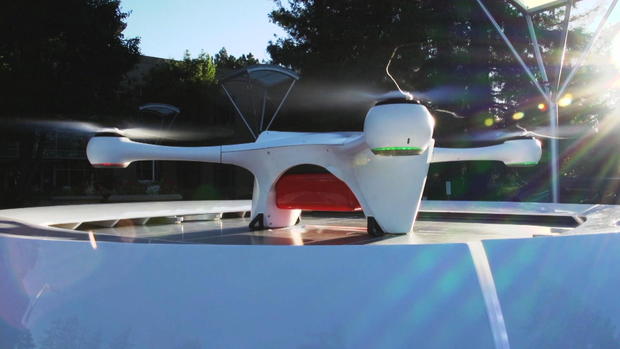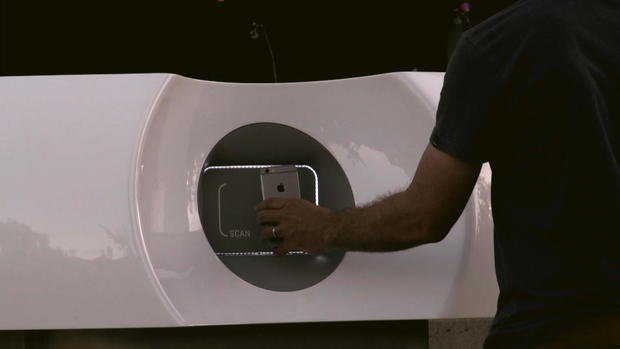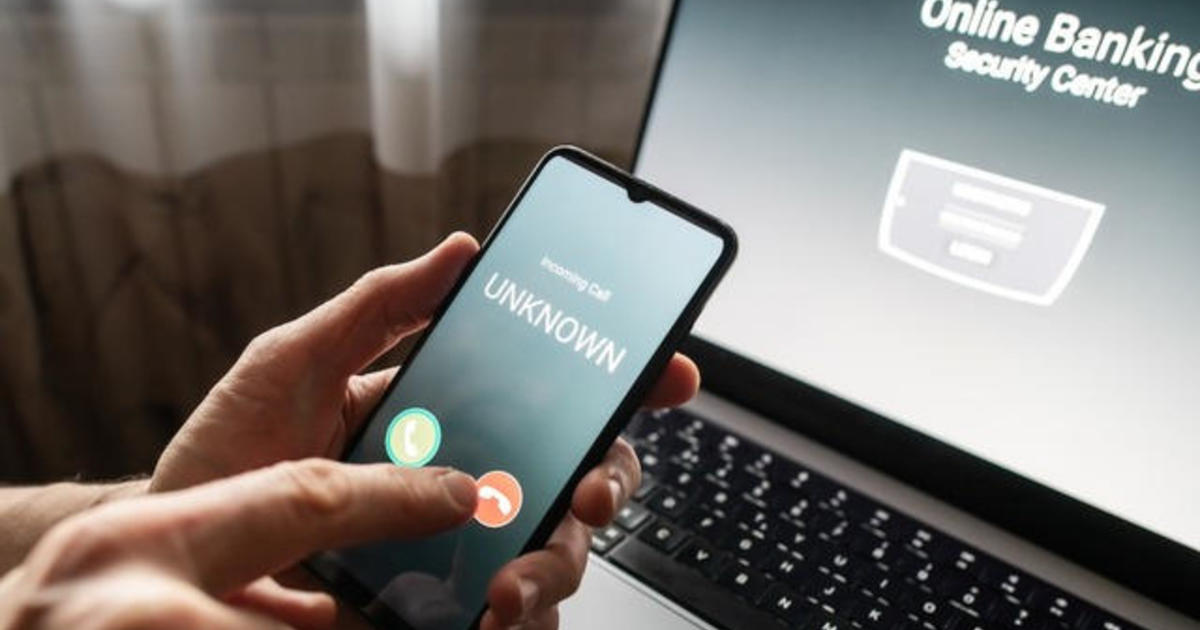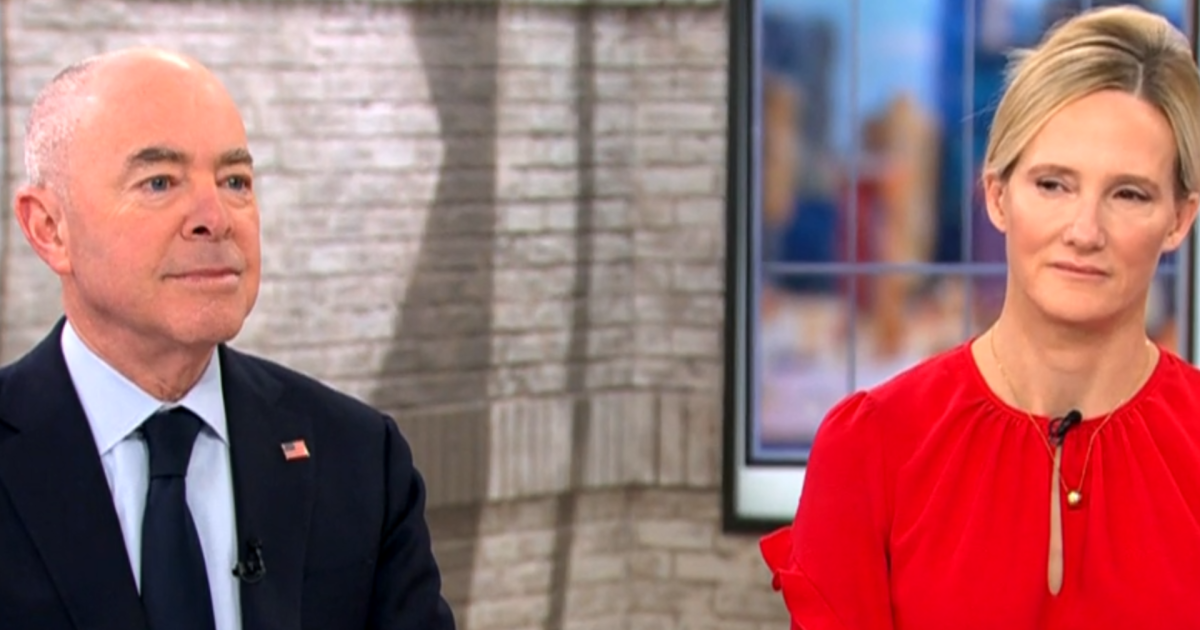Drones delivering blood in emergencies: The future of health care?
Palo Alto, California, hopes to become the first U.S. city to use unmanned aircraft to deliver blood from a blood bank to a hospital. The Federal Aviation Administration (FAA) is reviewing the city's proposal, along with about 150 others. The agency will approve 10 projects to move forward next month.
Drones delivering blood in emergencies could be the future of health care. At the Stanford Blood Center in the heart of Silicon Valley, Dr. Tho Pham's team collects about 200 pints of blood each day. Most of that supply is stored at the hospital, reports CBS News correspondent Mireya Villarreal.
But sometimes, there's a need for more.
"You can't plan for emergencies and that's where time becomes even more crucial," Pham said.
Right now they use a courier service, but the process can be slow.
"It depends on the time of day, courier availability, traffic conditions, anywhere from 30 to 60 minutes," Pham said. With a drone, he said, "Ten minutes or less."
"It's a huge difference, and it can make a difference in a lot of people's lives," he added.
Andreas Raptopoulos is the CEO of drone delivery company Matternet. He showed us how it works:
The blood would be placed in a secure box and automatically loaded into the drone before taking off on a pre-programmed route.
At the hospital, doctors use a QR code on their phone to unlock and grab the package.
Several of the projects the FAA is now considering deal with heath care. Drone delivery company Zipline, which is involved in eight different proposals, said their drones can fly over 100 miles to shuttle medical supplies to rural communities.
Under current federal law, drones must stay in the operator's line of sight. But next month, the FAA would waive those restrictions for the 10 pilot projects, opening up the possibilities for commercial drone use in the U.S. Regulators still have to tackle tough questions about privacy and safety.
"There's no telling what can happen," Palo Alto resident Katie Talbot said. She lives near their proposed route and is concerned.
"I think they know that they would run into a lot of resistance from the neighborhood if they tried to fly over them with a load of blood," Talbot said.
Matternet said the route will be over open space and said success here could ease some of the public's concerns.
"We strongly believe in health care being the first adopter of this type of technology because there's a very tangible and tremendous benefit there," Raptopoulos said.
"Right now we're talking about drones delivering blood. But I think of it more generally as a drone delivering medical supplies. And when you do that, you know there's a whole world out there that you can sort of change," Pham said.
It's proving the sky is not the limit.





